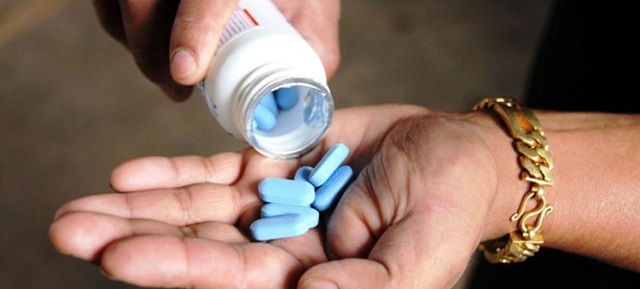
Gulu, Uganda | THE INDEPENDENT | Acholi sub-region has registered a reduction in new cases of HIV/AIDS infections.
A new report reveals that new cases of HIV/Aids in the region had lowered by 72 percent from 11,358 in 2017 to just 3,175 in 2021.
This was disclosed during the second Regional Health Assembly held in Gulu city on Thursday last week.
Presenting the regional HIV prevalence report, Peter Erem, the Director of Monitoring, Evaluation, and Learning at The Aids Support Organization-TASO said new cases of HIV being diagnosed had reduced significantly in the last four years.
He also noted that the region has registered a reduction in the prevalence at 7.4 percent in 2021. The National HIV prevalence stood at 5.3 percent by 2021, a reduction of 6.0 percent in 2017.
Erem’s report also indicates that HIV cases are higher among females at 9.3 percent, compared to 5.3 percent among males in the region.
According to Erem, whereas the region has achieved the 95 percent targets of HIV patients being on ART treatment and knowing their status, the challenge remains on viral load suppression among adults and children.
The report indicates that only 84 percent of viral load suppression had been achieved for all ages but was much lower among children under 14 years old.
The mid North has the fourth highest HIV prevalence of 7.6 percent and the Acholi sub-region in particular still has lower than optimal viral load suppression for people living with HIV, especially children.
During the same assembly, USAID Regional Health Integration to Enhance Services in North, Acholi-RHITES-N launched the five years Government to Government (G2G) activity in Gulu Regional Referral Hospital.
At least 2.6 billion shillings has been earmarked for the implementation of the first year of the project starting in the Financial Year 2022/2023.
Dr. Peter Mukobi, the Director of Gulu Regional Referral Hospital says the project will be helpful for the community in improving access to services. He says the project seeks to improve services in the areas of maternal and neonatal child health, HIV, TB, and Nutrition citing that it will be a big boost for the facility.
Dr. Abel Nkolo, the Chief of Party USAID RHITES-N in Acholi noted that they are grateful for their continued partnerships with the district authorities in addressing health concerns in the region.
“We hope to continue to work together to improve overall health in Acholi Sub-region,” He said.
Chris Mugarura the Assistant Commissioner in charge of the Health Policy and Sector Planning Division at the Health Ministry lauded the planners of the health assembly saying it’s an avenue to enlist the help of decision-makers and funders in order to improve access to healthcare.
Mugarura however says whereas the country has made great strides in bringing services nearer to the people, the quality still remains low arguing that there is a need to shift focus on sharing knowledge on evidence-based strategies.
The second Annual Regional Health Assembly convened under the theme “Invigorating Health Promotion and Disease Prevention: My Role, Your Role, Our Role” attracted over 100 leaders in various capacities from Acholi Sub-region.
*****
URN
 The Independent Uganda: You get the Truth we Pay the Price
The Independent Uganda: You get the Truth we Pay the Price



